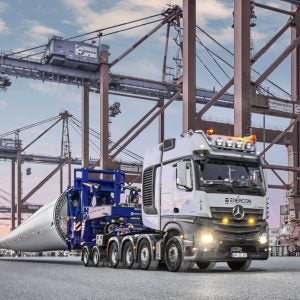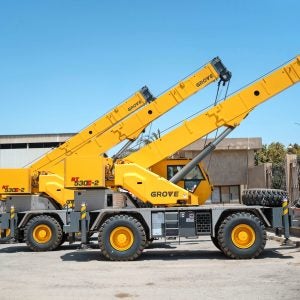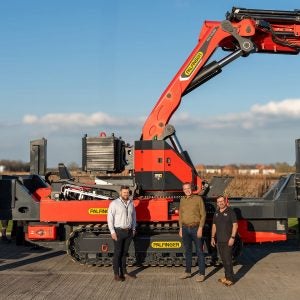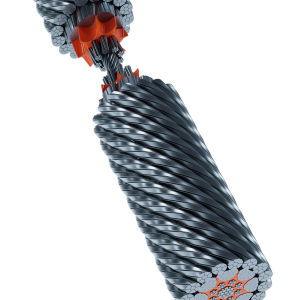In this issue, there is a feature exclusively focussed on the oil and gas industry. Heavy lifting and special transport companies told Julian Champkin that the combination of the pandemic and low oil prices affected the industry and therefore the demand for their solutions. The industry experts talked about postponements and even cancelations of investments on oil and gas projects around the world over the past two years. Also jobs were predominantly for maintenance rather than construction of new plants or expansion of existing ones. This does not mean that there are no big projects left, with Fagioli winning three big contracts recently. There was also a degree of optimism that the market will recover in the coming years.
However, Lampson International's Kate Lampson is seeing a shift away from the oil and gas industry in the USA as a direct result of the new administration. During his first 100 days in the office, President Joe Biden has set out plans for tackling climate change. The US formally rejoined the Paris agreement on 19 February and pledged to cut carbon emissions in half, compared with 2005 levels, by the end of this decade. This can affect investment in the US oil and gas industry in the long-term and create a surge in investment in renewable energy sources.
Some manufacturers are contributing to the reduction of carbon emissions. For example, automotive manufacturer General Motors plans to sell only zero-emission cars and trucks by 2035 and become carbon neutral by 2040. Looking at the crane industry, Italian pick and carry mobile crane manufacturers have been leading the way, offering electric models for years. In this issue, Stuart Anderson writes about the evolution of these machines, the history of some of the manufacturers and analyses the market demand.
'Data is the new oil' is a phrase that I have heard a few times over the years. Clive Humby, a British mathematician used this phrase in 2006 to say that data is valuable, but if unrefined it cannot really be used. The last time I heard it was from Steve Bradby, engineering leader at Select Plant Hire, during his presentation on telematics at our Tower Crane Virtual Conference. Telematics solutions for cranes offer users access to a huge amount of data, which if analysed properly can help them optimise their fleet management and reduce costs. Even though the technology is there, the majority of crane companies are not taking advantage of it. Manufacturers are still investing in telematics; some are planning to integrate these systems as standard on all their new machines. This means that they anticipate increased interest from market players in the near future.
Sotiris Kanaris, Editor
sotiris.kanaris@cranestodaymagazine.com






